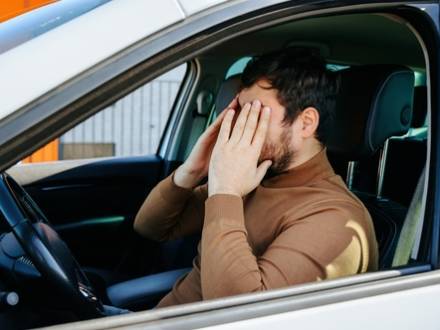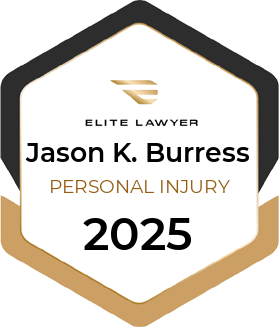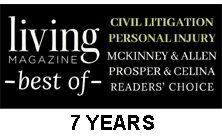Is it Normal to Be Afraid to Drive After a Car Accident?
 After a serious car crash, it is totally normal to feel scared about driving again. Even if your physical injuries heal completely, the emotional trauma of an accident can last for months or years. Many people have anxiety, flashbacks, or panic attacks when they get back behind the wheel or even think about driving.
After a serious car crash, it is totally normal to feel scared about driving again. Even if your physical injuries heal completely, the emotional trauma of an accident can last for months or years. Many people have anxiety, flashbacks, or panic attacks when they get back behind the wheel or even think about driving.
If you were injured in a crash caused by someone else, you may be entitled to compensation for both your physical and emotional suffering. Under Texas law, accident victims can recover not only economic damages, such as medical bills and lost wages, but also noneconomic damages for pain, suffering, and mental distress. A McKinney personal injury lawyer can help you understand your rights and guide you through the claims process.
Why Fear After a Car Accident Is Common
When a car accident happens, your body releases adrenaline and stress hormones to protect you in the moment. Those same reactions can make the accident easy to remember, causing your mind to replay the event long after the crash is over. Many people develop post-traumatic stress symptoms. For some people, this looks like avoiding certain roads. Others never feel comfortable letting someone else drive again. Still others have repeated nightmares about the accident.
This fear does not mean you are weak or overreacting. It is your brain’s natural way of trying to protect you from danger. The problem is that, over time, this fear can interfere with your daily life.
Can You Sue Someone for Anxiety After a Car Crash?
Texas law recognizes that not all injuries are physical. Section 41.001 of the Texas Civil Practice and Remedies Code allows accident victims to seek compensation for emotional and psychological suffering in addition to physical injuries.
Noneconomic damages may include:
-
Emotional distress or trauma
-
Anxiety or fear of driving
-
Sleep problems or nightmares
-
Loss of enjoyment of life
-
Depression or mood changes
However, these damages are almost always awarded along with economic damages. It is rare for someone to recover compensation for emotional trauma alone if there are no physical injuries connected to the crash. But if you also have financial losses, such as medical bills or car repairs, compensation is much more common.
The bottom line is that if your car was damaged and you were injured, your anxiety and trauma may be included in your overall personal injury claim.
How to Prove PTSD After a Car Accident
Proving fear, anxiety, or post-traumatic stress is not as simple as showing an X-ray. Courts and insurance companies need evidence that your emotional suffering is real and connected to the crash.
Your attorney can help you get together proof of how you have suffered as a result of the crash. This often includes mental health records showing a diagnosis of post-traumatic stress disorder (PTSD) or anxiety. If necessary, this might mean hearing testimony from a therapist or psychologist. You might include notes from friends or family describing changes in your behavior or personality. Even your own journal entries about how trauma from the accident affects your daily life could be used as evidence.
A personal injury attorney can help collect this evidence and present it in a way that supports your claim.
Call a McKinney, TX Car Crash Trauma Attorney Today
If you are struggling after a car accident, both physically and emotionally, this is normal. Fear of driving is a real part of post-accident trauma. You may be entitled to compensation for your suffering.
At Burress Injury Law, our Plano personal injury lawyer has handled thousands of cases and earned over 1,000 five-star reviews from clients across Texas. We offer free consultations and will fight to make sure you are treated fairly by insurance companies. Call 214-726-0016 today to learn how we can help you rebuild your confidence and recover the compensation you deserve.





















 ON
ON
